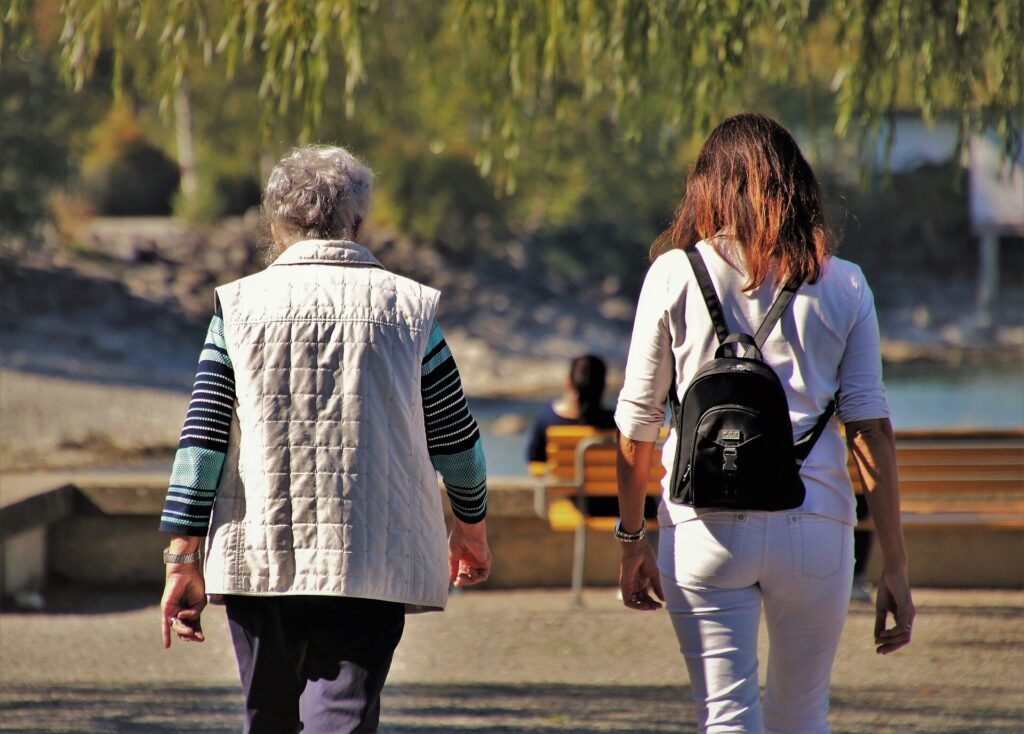A recent study conducted at UBC has found that persistent social isolation among older Canadian women can lead to inadequate fruit and vegetable intake, resulting in a poorer overall diet quality.
The study, utilizing data from the Canadian Longitudinal Study on Aging (CLSA) tracking 30,097 adults over six years, aimed to investigate how long-term social isolation affects eating habits.
“While we know that social isolation can reduce life expectancy, most studies only capture it at a single point in time,” explained Dr. Annalijn Conklin, senior author and associate professor at UBC’s faculty of pharmaceutical sciences. “Our goal was to understand the effects of persistent or changing isolation over time.”
Published in Nutrients, the study also analyzed the range of social activities participants engaged in, such as visiting friends, volunteering, attending club meetings or educational events, or playing sports.
The research revealed that women who participated in a variety of social activities were more likely to maintain a healthier diet, while those who engaged in fewer activities or discontinued them showed a decline in diet quality.
“Different activities provide unique social, cognitive, or physical stimulation that can support better eating habits,” noted Dr. Conklin. “It’s not just about staying busy; it’s about staying meaningfully connected across various settings.”
Interestingly, women who became socially active after a period of isolation still experienced a decline in diet quality by the six-year mark, suggesting that the type of activity matters. Some social settings, such as poker or bridge, may inadvertently lead to increased snacking or alcohol consumption, posing dietary risks.
Significance of the Study
This research contributes to the growing body of work from the Conklin Lab, including recent studies on social isolation and diversity among older Canadians, and the lack of high-quality research on gender and changes in social ties as determinants of hypertension.
“Our study is one of the first to explore how social variety influences long-term well-being,” stated Dr. Conklin. “The results underscore the broader social determinants of women’s health. Older women, who often fulfill multiple roles—such as partners, mothers, or community organizers—are particularly vulnerable when those connections diminish.”
As the Canadian population ages, Dr. Conklin believes that these findings can help shape more effective public health initiatives.
“I hope this work will inform social prescribing and care models for older adults. Simply advising people to ‘get out more’ is insufficient. We need to understand which activities genuinely support healthy habits and tailor advice accordingly for both women and men,” added Dr. Conklin.
More Information:
Sanaz Mehranfar et al, Gender, Adverse Changes in Social Engagement and Risk of Unhealthy Eating: A Prospective Cohort Study of the Canadian Longitudinal Study on Aging (2011–2021), Nutrients (2025). DOI: 10.3390/nu17061005
Citation:
Social isolation linked to poor diet in older women (2025, April 11)
retrieved 12 April 2025
from https://medicalxpress.com/news/2025-04-social-isolation-linked-poor-diet.html
This document is subject to copyright. Apart from any fair dealing for the purpose of private study or research, no
part may be reproduced without the written permission. The content is provided for information purposes only.


